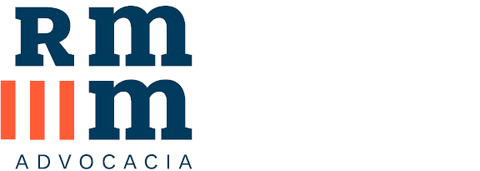

Construindo Confiança: O papel estratégico da negociação coletiva
Descubra como o preparo estratégico em negociações coletivas pode transformar conflitos em oportunidades, garantindo estabilidade empresarial e benefícios para trabalhadores.
12 de set. de 20254 min de leitura


Mudanças no Trabalho Portuário previstas no anteprojeto aprovado pela CEPORTOS
Artigo sobre as mudanças no Trabalho Portuário previstas no anteprojeto aprovado pela CEPORTOS
7 de nov. de 20244 min de leitura


Natureza Jurídica dos Serviços Portuários e sua Correlação com a Modicidade Tarifária no Anteprojeto da Lei dos Portos
Artigo sobre a natureza jurídica dos serviços portuários e sua correlação com a modicidade tributária no anteprojeto da Lei dos Portos
7 de nov. de 20244 min de leitura


Direito Real de Habitação
O direito real de habitação é o direito do cônjuge sobrevivente de permanecer no imóvel que servia de residência da família, garantido pela
30 de set. de 20242 min de leitura







